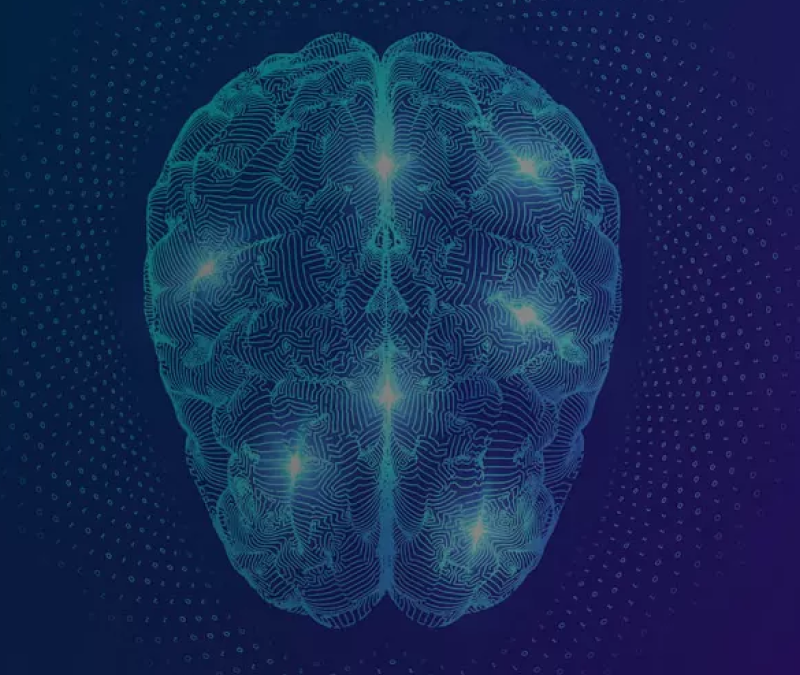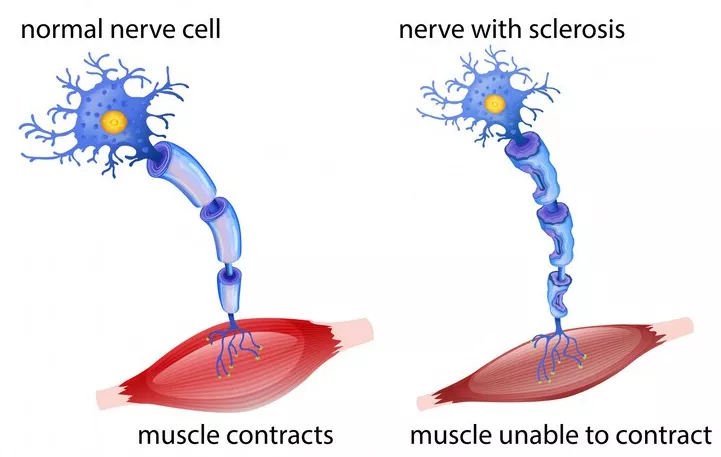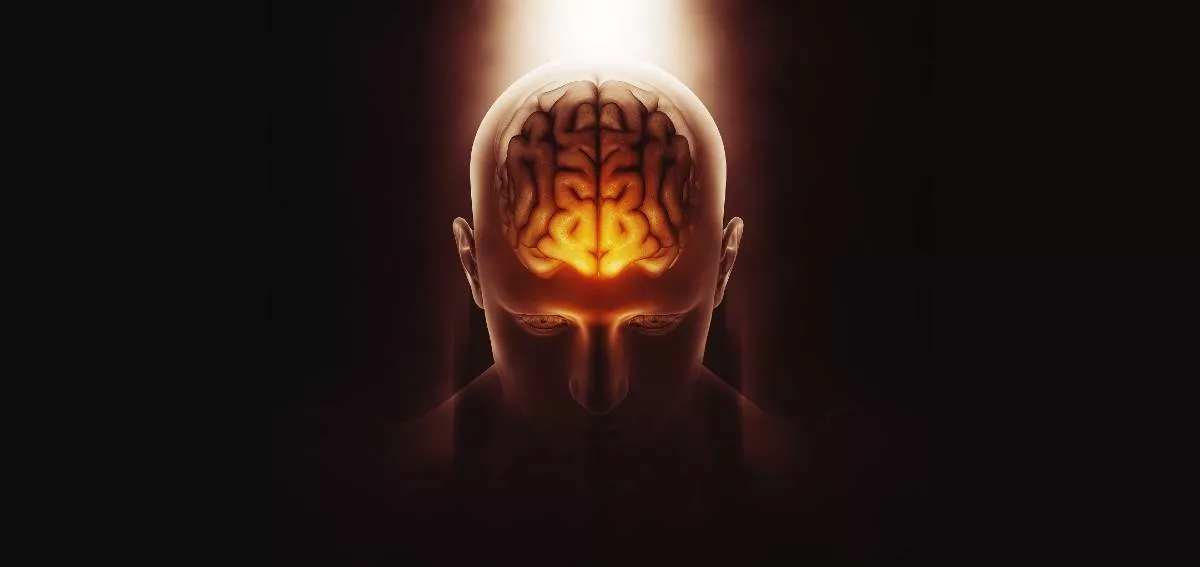'The human brain is by far the most complex physical object known to us in the entire cosmos'. - Owen Gingerich
Neurology is a branch of medicine concerned with the study and treatment of disorders related to the nervous system. The Neurology department at Aster Prime Hospital is one of the best neurology hospitals in Hyderabad. We provide evidence-based treatments for a variety of neurological conditions, such as stroke, Alzheimer’s disease, Parkinson’s disease, epilepsy, and movement disorders.
We have a highly competent team of neuro specialists, who are well acquainted with the latest developments in the field of neurology. Our neurologists are also supported by trained nurses, rehabilitation therapists, and other clinicians who ensure that our patients have an all-around treatment and faster recovery.
The department of neurology is well-equipped with the latest infrastructure and technology which are required for the diagnosis and management of neurological conditions.
Our Doctors
We have some of the best specialists from around the world, they bring years of experience and offer evidence-based treatment to ensure the best care for you.
Advanced Technology & Facilities
Well equipped with the latest medical equipment, modern technology & infrastructure, Aster Hospital is one of the best hospitals in India.
- Electroencephalography
- Electromyography
- Transcranial doppler
Patient Stories
Our patients are our best advocates, hear the inspiring stories of their treatment journey
Blogs
The source of trustworthy health and medical information. Through this section, we provide research-based health information, and all that is happening in Aster Hospital.











